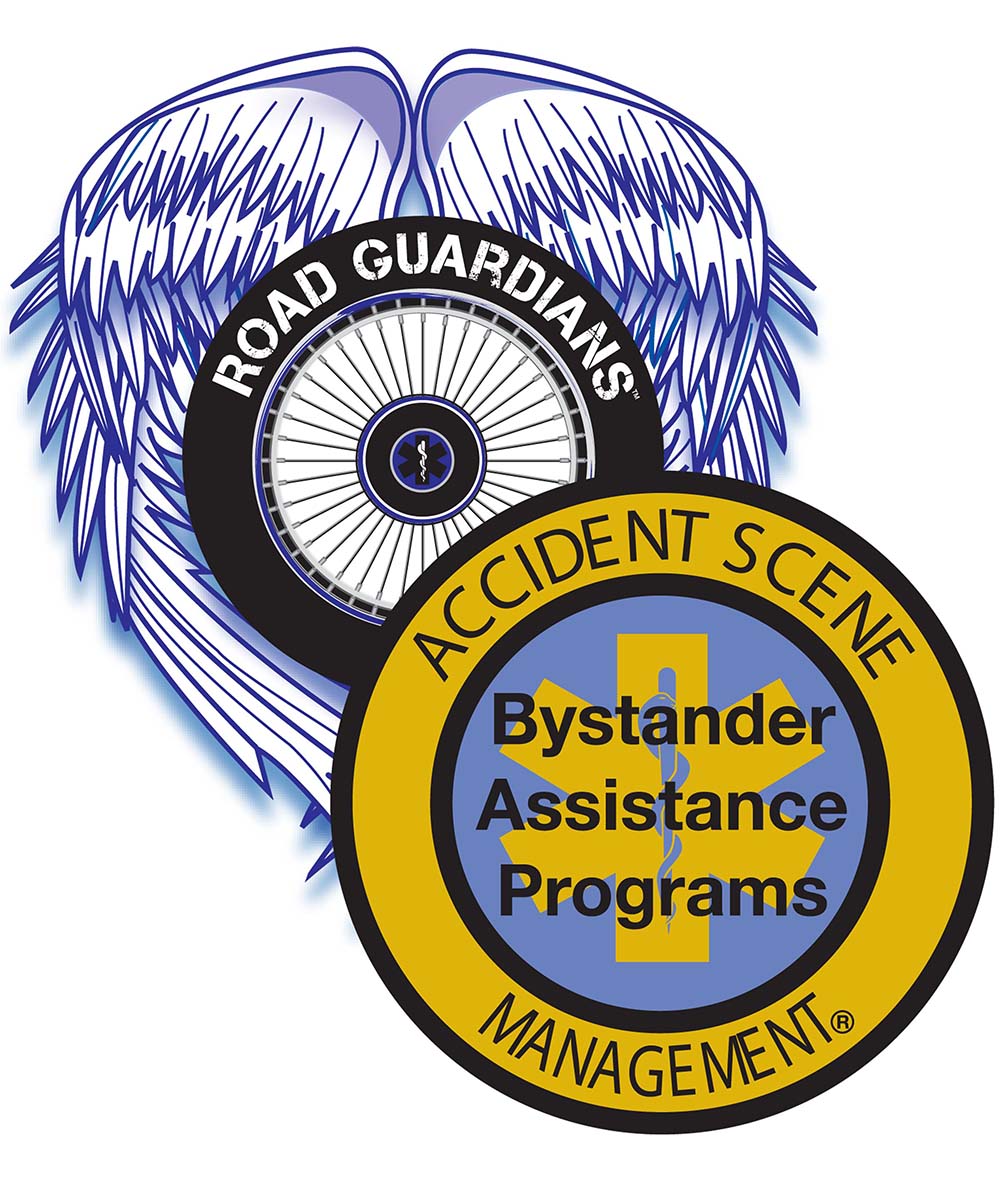Accident Scene Management / Road Guardians
Login |
(262) 706-3278
0
You have 0 items in your cart
Emergency Response:
78-11-22.
(1) A person who renders emergency care at or near the scene of, or during an emergency, gratuitously and in good faith, is not liable for any civil damages or penalties as a result of any act or omission by the person rendering the emergency care, unless the person is grossly negligent or caused the emergency. As used in this section, “emergency” means an unexpected occurrence involving injury, threat of injury, or illness to a person or the public, including motor vehicle accidents, disasters, actual or threatened discharges, removal, or disposal of hazardous materials, and other accidents or events of a similar nature. “Emergency care” includes actual assistance or advice offered to avoid, mitigate, or attempt to mitigate the effects of an emergency.
Automatic External Defibrillator:
26-8a-308.
Except as provided in Subsection (3), the following persons are not subject to civil liability for any act or omission relating to preparing to care for, responding to care for, or providing care to, another person who reasonably appears to be in sudden cardiac arrest.
The following persons may provide emergency medical services to a patient
without being certified or licensed under this chapter:
(a) out-of-state emergency medical service personnel and providers in time of disaster;
(b) an individual who gratuitously acts as a Good Samaritan;
(c) a family member;
(d) a private business if emergency medical services are provided only to employees at the place of business and during transport;
(e) an agency of the United States government if compliance with this chapter would be inconsistent with federal law; and
(f) police, fire, and other public service personnel
https://le.utah.gov/~1999/bills/sbillint/SB0172.htm
https://le.utah.gov/~2009/bills/hbillint/hb0031.htm
